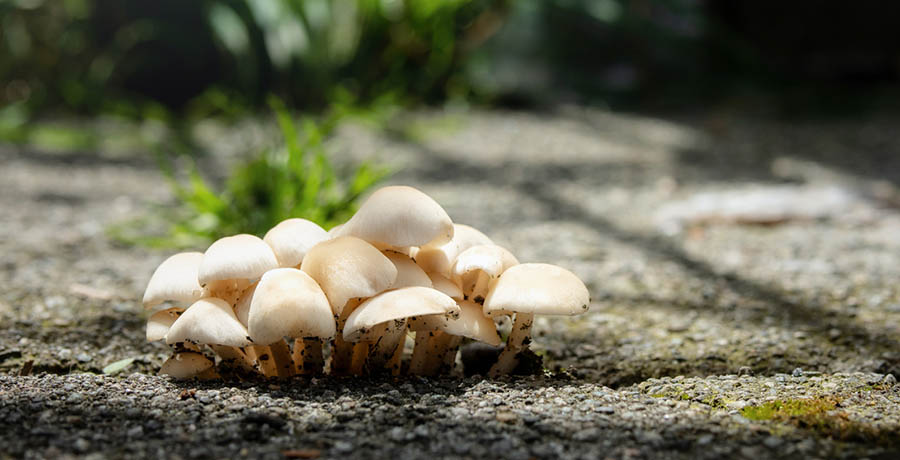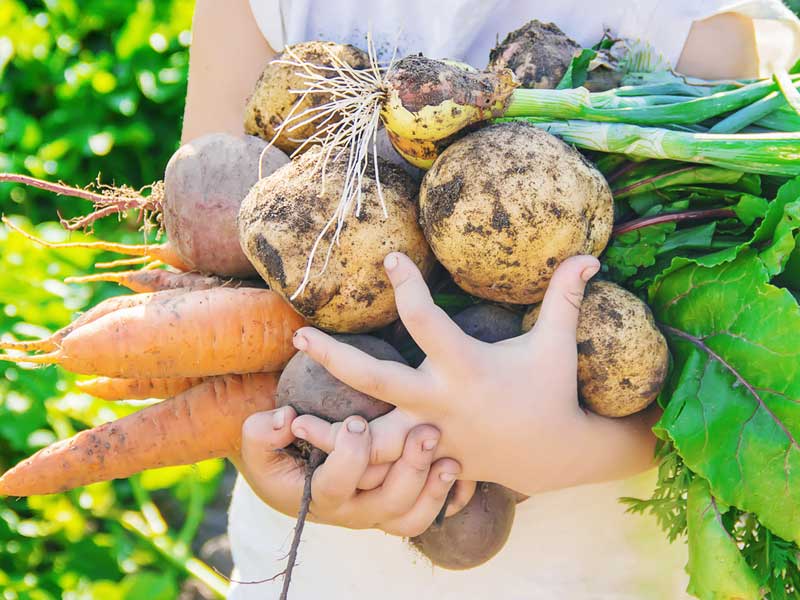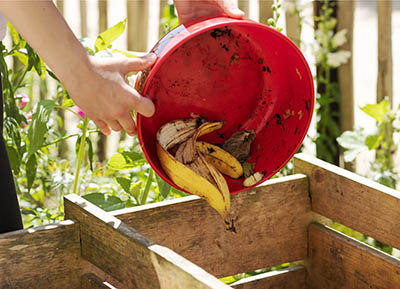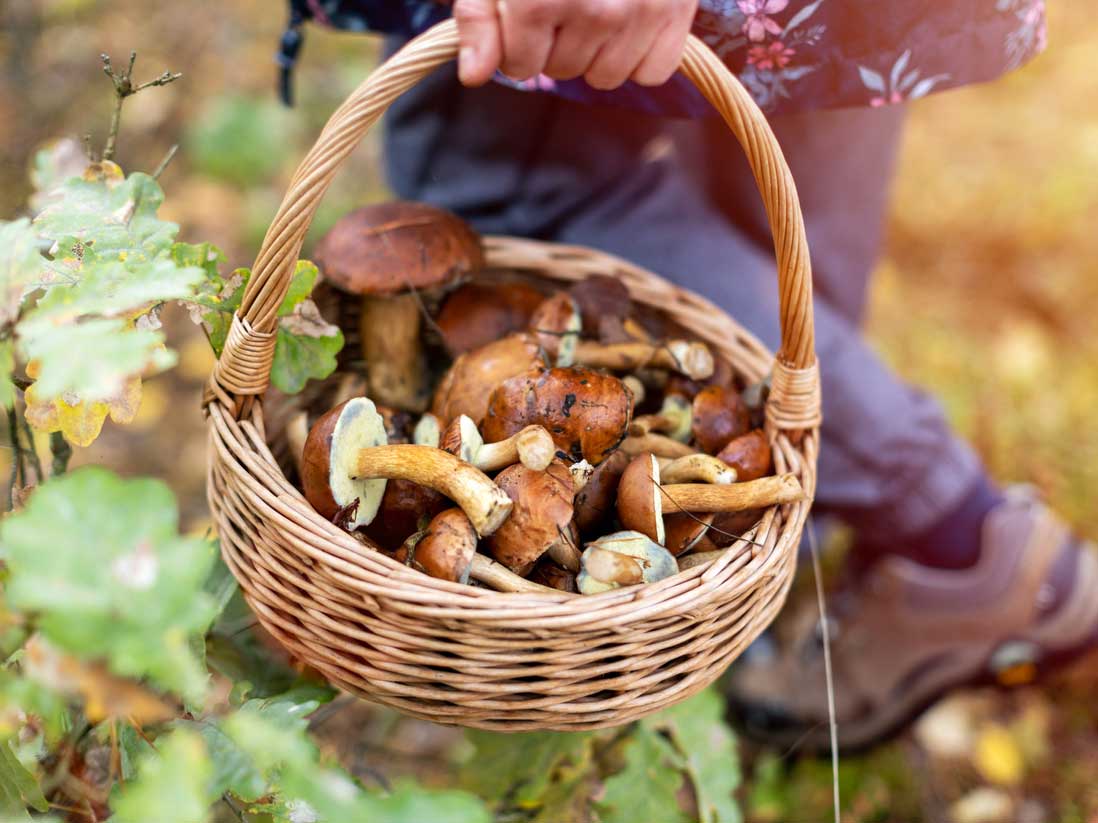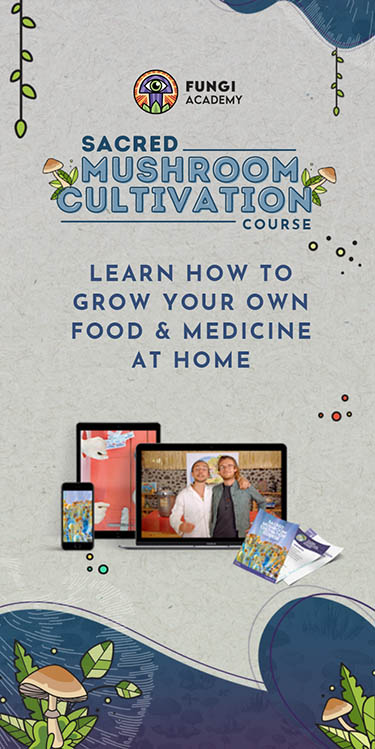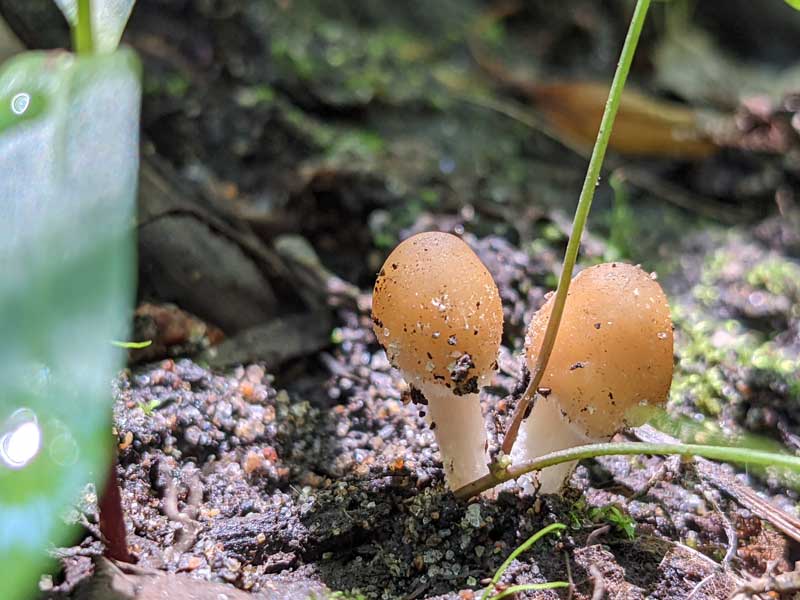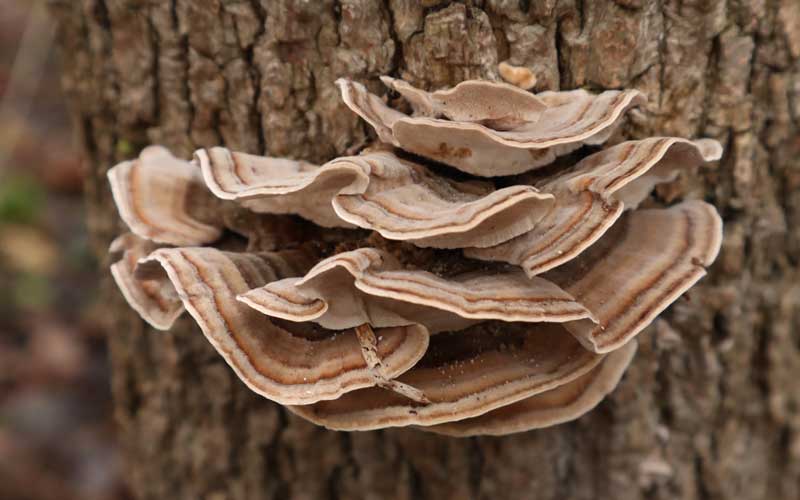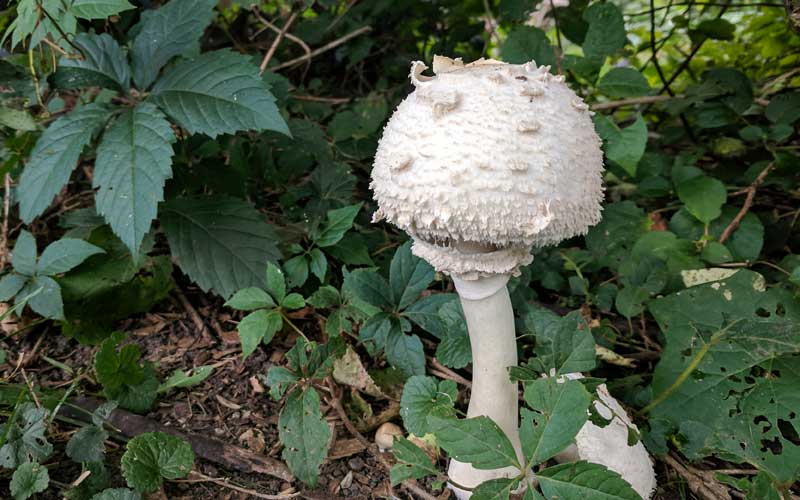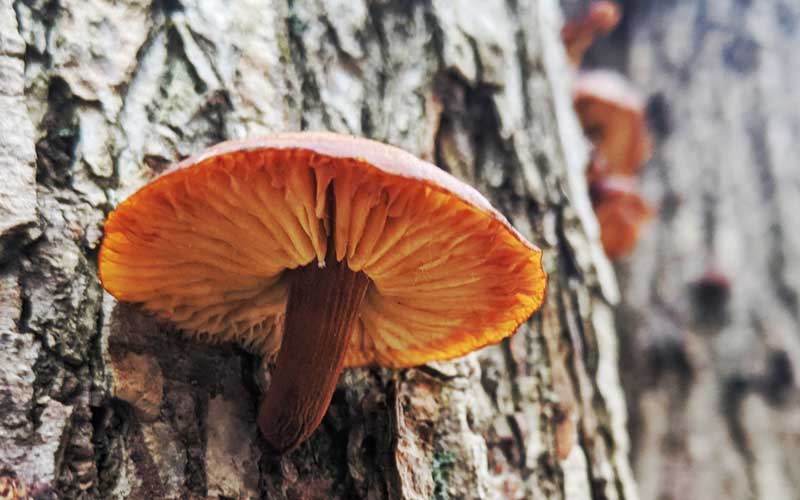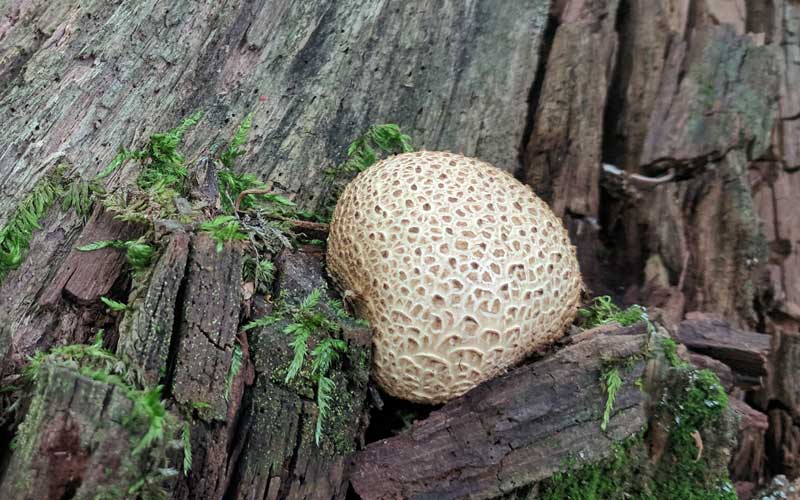- Home
- Find Mushrooms
- Urban Mushrooms
Finding Mushrooms and Fungi in Urban Landscapes.
When we think of mushrooms, we often envision lush forests or rolling hills, not concrete jungles. However, urban landscapes can host a diverse array of fungi, just waiting to be discovered.
City mushrooms thrive in unexpected places, from crumbling brick walls to tree-lined sidewalks. In this post, we'll embark on an urban adventure, exploring the fascinating world of fungi in the city.
The Urban Fungal Landscape
Cities provide a unique environment for fungi to flourish. Human activity creates an abundance of nutrient-rich substrates, such as wood debris, soil and mulch, and even concrete and stone. These substrates support a wide range of fungal species, some of which are surprisingly common in urban areas.
Oyster mushrooms, for example, can be found on trees, stumps, and wood debris, while Turkey Tail and Artist's Conk are common on logs, branches, and urban trees.
Urban Fungi Hotspots
To find these hidden gems, look for tree pits, the space around urban trees, which can harbor a variety of fungi.
Abandoned lots with poor soil quality can support hardy, opportunistic fungi, while green roofs and rooftop spaces can host a range of fungal species. Well-maintained parks and gardens can also harbor a diverse array of fungi.
Fungal Foraging in the City
Before you head out to forage, remember to prioritize safety, as urban environments can harbor potential contaminants like heavy metals or pesticides.
Check local laws and regulations regarding foraging in public spaces, and always respect the environment by only collecting what you need and leaving some for other foragers and the ecosystem.
The Rewards of Urban Fungal Exploration
Venturing into the urban fungal landscape offers more than just a chance to find edible mushrooms. It also connects us to nature, encouraging us to appreciate the natural world in unexpected places.
Exploring city fungi fosters community, as we share knowledge and discoveries with fellow enthusiasts, and inspires wonder, as we marvel at the diversity and adaptability of urban fungi.
So, grab your field guide and join the hunt for city mushrooms!
Related Topics:
Mycelium is the secret ingredient in healthy garden soil.
Mycelium holds everything together in the soil of a healthy garden. Without the mycelium, the health of all your plants and trees will suffer. More here...
The Secret Life of Fungi in Your Compost Bin
Compost fans witness the slow breakdown of kitchen and garden waste. But did you know the primary driver of compost are fungi? Read the full article...
A beginner’s guide to wild mushroom foraging in the woods.
With patience and commonsense, you can learn to safely forage for wild mushrooms. Careful, though. You might get hooked! The full article...
